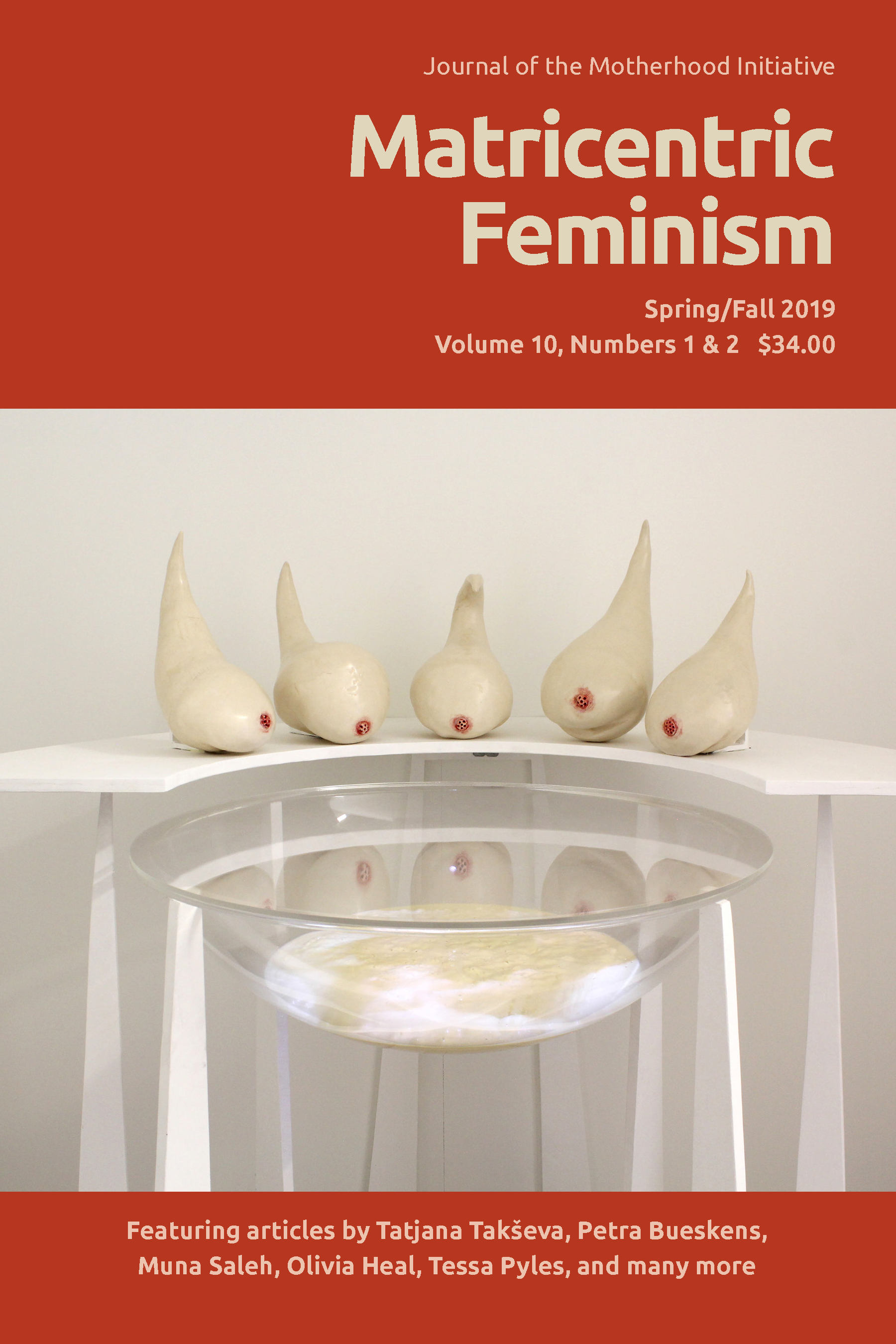A Motherly Society: Scandinavian Feminism and a Culture of Sexual Equality in the Works of Ellen Key, Elin Wägner, and Alva Myrdal
Abstract
As a key polemic figure in the late 1800s and early 1900s, Ellen Key (1849-1926) established the concept of "collective motherliness" ("samhällsmoderlighet") and extended the meaning of motherhood from a biological category defined by the birthing of a child to a female societal force, thus bringing forth (or giving birth to) a new and better society.1 A few decades later, Swedish author and activist Elin Wägner (1882-1949) developed a theory of matriarchy in her pivotal work Alarm Clock (1941), and that same year, Swedish sociologist and politician Alva Myrdal (1902-1986) proposed government policies that would promote the welfare of mothers and their children in her book Nation and Family: The Swedish Experiment in Democratic Family and Population Policy (1941). These three Swedish feminists—Ellen Key, Elin Wägner, and Alva Myrdal— influenced the cultural landscape of Sweden in the late-nineteenth and early-tomid- twentieth century, and helped create a foundation for the Swedish welfare state. My aim is to show how their works contributed to the Scandinavian culture of sexual equality and respect for motherhood (and by extension parenthood). I also aim to elucidate the lasting relevance of their work. This article is part of my ongoing book project on Scandinavian feminism. It is, therefore, open to constant revision, rethinking, and rediscovery of the impact of Key, Wägner, and Myrdal.Downloads
Published
How to Cite
Issue
Section
License
All intellectual property in relation to material included on this site belongs to the Motherhood Initiative for Research and Community Involvement (MIRCI). All material on this site is protected by Canadian and international copyright and other intellectual property laws. Users may not do anything which interferes with or breaches those laws or the intellectual property rights in the material. All materials on the Motherhood Initiative for Research and Community Involvement (MIRCI) are copyrighted and all rights are reserved. Any reproduction, modification, publication, transmission, transfer, sale, distribution, display or exploitation of the information, in any form or by any means, or its storage in a retrieval system, whether in whole or in part, without the express written permission of the Motherhood Initiative for Research and Community Involvement (MIRCI) is prohibited. Please contact us for permission to reproduce any of our materials. This site may include third party content which is subject to that third party's terms and conditions of use.


